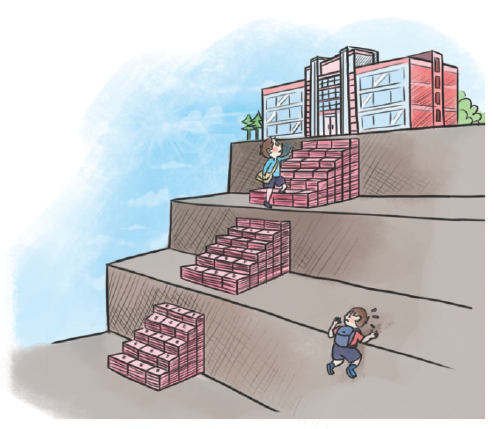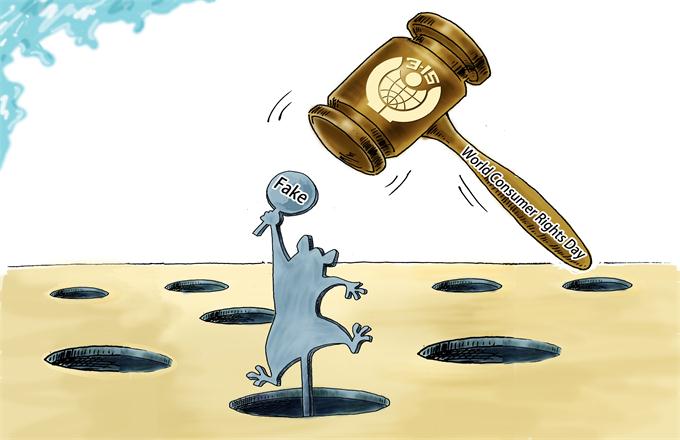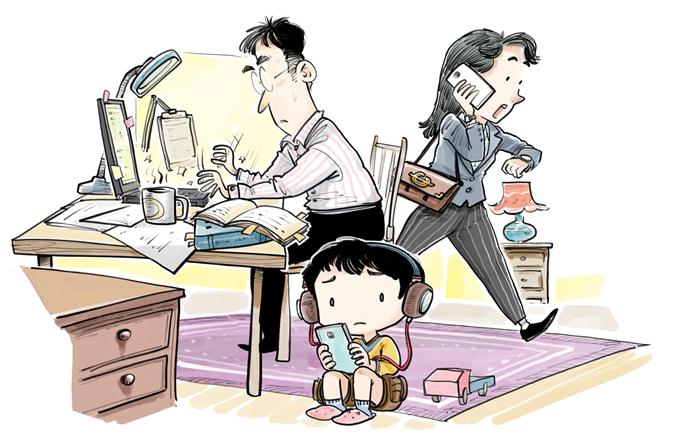Building a fairer education system
 |
|
SHI YU/CHINA DAILY |
Editor's note: During the annual sessions of China's top legislature, and the top political advisory body, Yu Minhong, political advisor and CEO of New Oriental Education, said only the rich can afford to own a house in a good school district in Beijing, sparking a public debate. Two experts share their views on the issue with China Daily's Zhang Yuchen:
Resource distribution a strategic task
The distribution of education resources in China couldn't be much fairer, for the existing system of school districts is progressive in terms of admission standards.
In the recent past, of course, people with more economic resources had easier access to good schools.
It is not possible to ensure absolute fairness in the distribution of education resources. But the government measures should ensure the basic requirements for elite and average schools remain the same, from facilities, courses and arrangements to teachers, performance and evaluation.
Generally speaking, education resources have been distributed on the same principles in many regions in the country. For example, teachers inmost schools are all at least college graduates. The only difference lies in what sort of education Chinese parents want for their children, especially because they are known to pursue the best possible education for their wards.
The practice of school district housing is not exclusive to China. It is a reality in many other countries too, as there is the difference in "quality" between different schools. Besides, Chinese parents also enroll their children in special, extra-curriculum classes in the hope that they will perform better in competitive examinations. In other words, the pursuit of "quality education" has its roots in parents' desperation to make their children "winners" in the educational race.
Given these facts, equal distribution of education resources will always be a strategic task.
Li Jianzhong, associate researcher at Research Center for International Comparative Education, National Institute of Education Sciences.
Good enrollment system needed
Housing prices are skyrocketing because people who can afford to are desperate to buy a house in so-called elite school districts and property developers are capitalizing on it to make more profits. All parents want the best education for their children but few have the resources to make that happen, so the well-off families are stealing a march over those who are economically weak. This means only relatively wealthy children can get quality education because their families can afford to buy a house in "elite" school districts.
To overcome this problem, the government should fix a ratio for fairer enrollment. For example, 30 or 40 percent of the students should be admitted from outside the school district if they have the potential to excel in academics. This will offer good students from relatively poor families to get a chance to prove their mettle and thus indirectly ensure a fairer distribution of education resources.
Similar to the Chinese school district system, the United Kingdom's postcode system requires a family to be a resident of an area for a certain period to qualify to enroll its children to any of the schools in the area. But the UK government plans to abolish the system and, instead, promote more grammar or vocabulary schools where students can also learn vocational skills.
The UK's move offers a lesson, but in the meanwhile the Chinese education authorities should adjust the school enrollment process to ensure children from poor and rural families get a fairer chance to study in good schools. Gaston Chee, a member of the executive committee of the British Chamber of Commerce and CEO of BeGo Education.



















